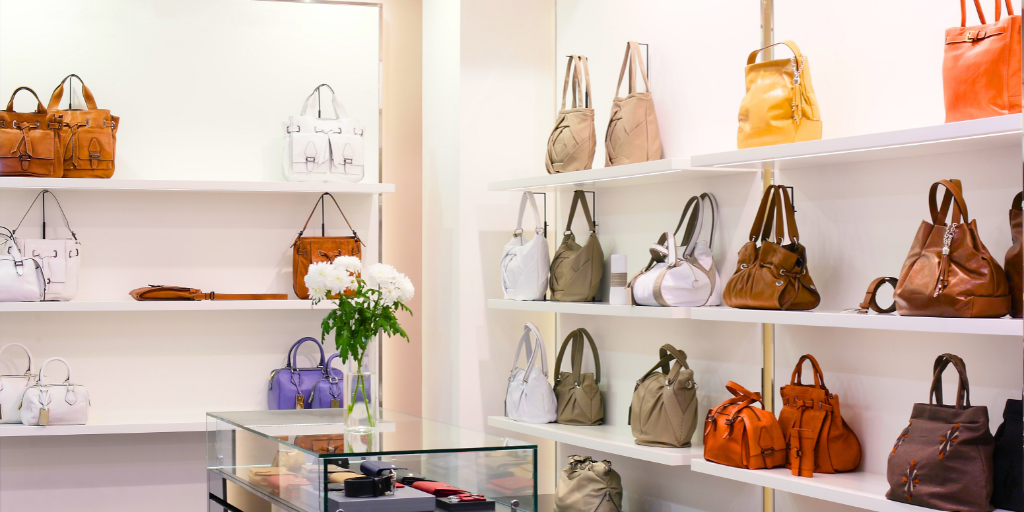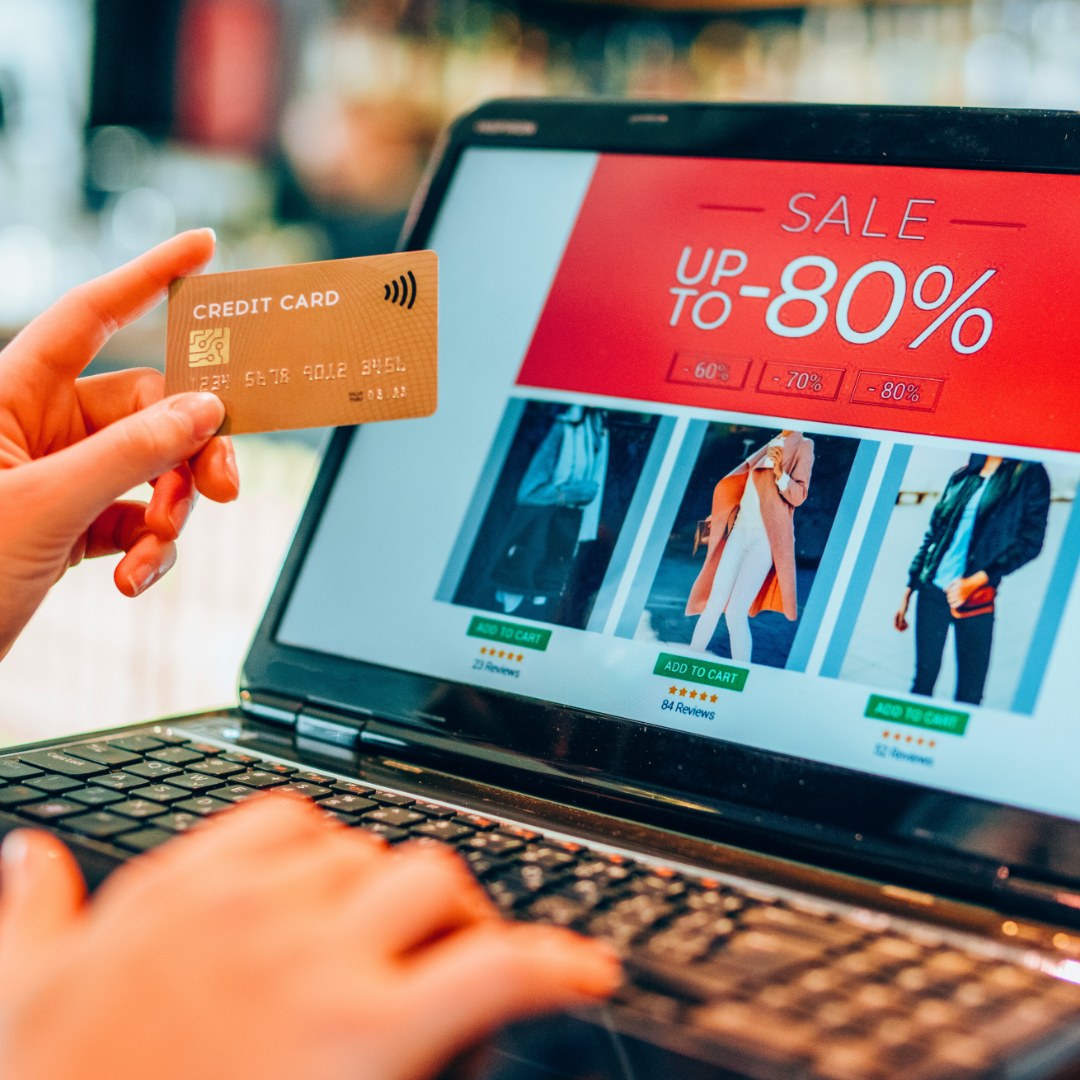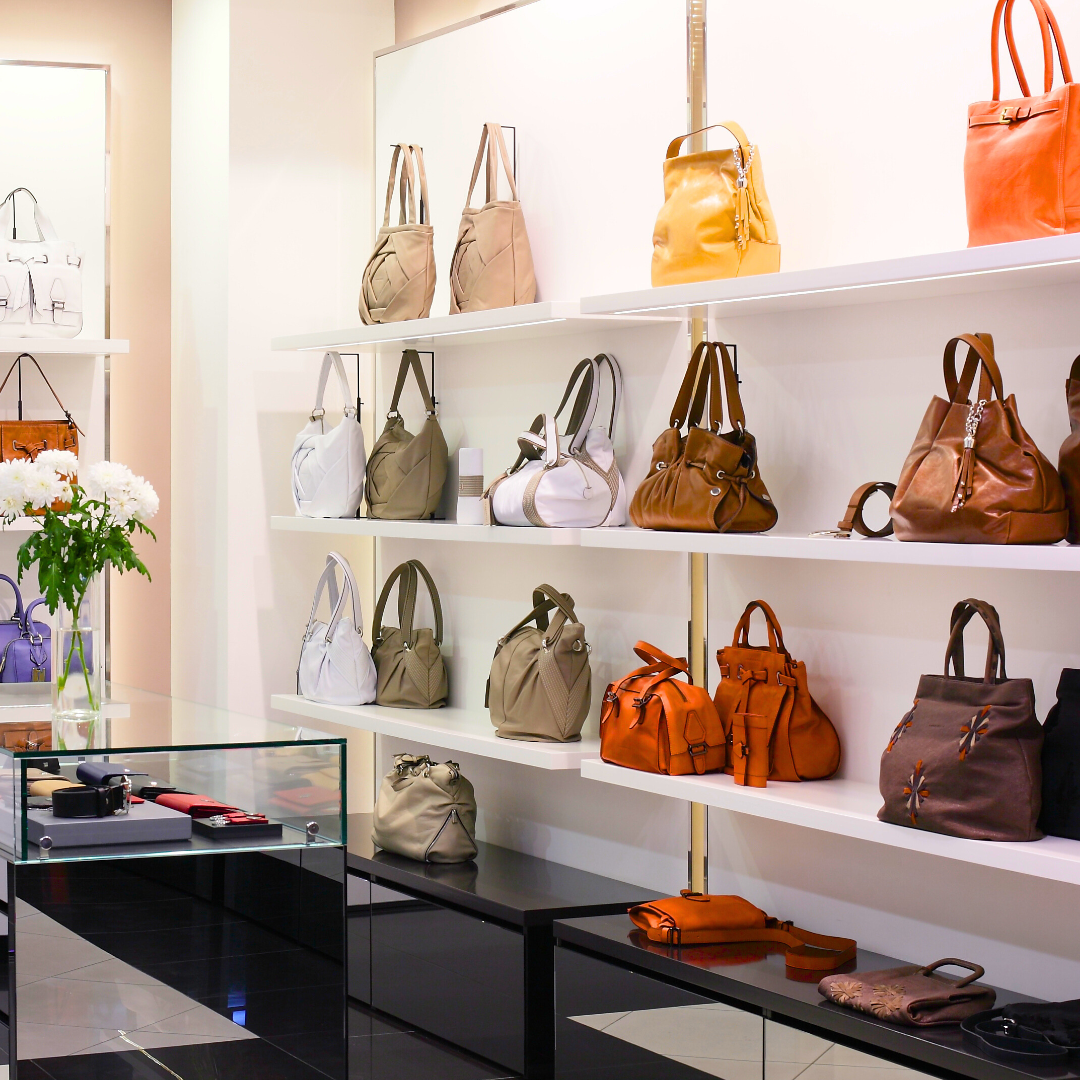
Lisa Hess ponders her shopping patterns, noting that the convenience of online shopping presents problems not only for the budget, but also for organizing.
Toward the end of August, I bought a Kate Spade tote bag. It perfectly matches my planner (among other items I already own) and, while it had been on sale for about a month, the additional 40% off code in my inbox sealed the deal, the need/want line blurring into oblivion as I reached for my credit card.
Like so many other people, I replaced in-person shopping with online shopping during the pandemic. While the need to do this for health reasons has passed, the convenience remains. Consequently, I’m still buying stuff. Rarely does one receipt go over the top, but do I really need everything I buy?
I decided to try a little experiment. For the remainder of August (about a week), I would purchase only necessary things.
Great! So … what are necessary things?
Food. I’ll purchase only food.
Great! Does that include eating out, or just groceries? And what about that daily Starbucks?
Hmm … okay. Starbucks is in. Eating out is okay if it’s unplanned and done with someone else so there’s a social element involved. But no fair making new plans that involve spending, at least until September.
More questions arose. Household items? Home improvement projects? Donations?
But the biggest challenge presented itself when I innocently dug into my inbox on Saturday morning.
Books.
That’s easy enough. My TBR pile is quite tall. I recently renewed my library card. There’s no need to buy any more books, no matter how good the price. Delete unopened.
Ouch.

But the book emails were just the tip of the iceberg. When had everything in my inbox become a solicitation? No wonder my online shopping habit was flourishing. Everywhere I looked there was a sale.
And I didn’t even leave need to leave my house.
Suddenly, I realized that I hadn’t arrived at this destination alone. I had been “helped” along the way by a burgeoning group of retailers who came to my door, so to speak, on a daily basis.
This was bigger than a weak moment. This was subliminal coercion. And, as a result, I wasn’t just buying more stuff than I needed, I was also contributing to a growing accumulation of stuff.
It was time. Taking a week (or maybe more) off from superfluous spending would be the reset I needed to sharpen the habit of thinking before I reached for my credit card.
But not only is never buying anything fun again unsustainable, it also does nothing to reduce my current inventory, so to speak. Consequently, I need to use a powerful organizing tool already in my arsenal: one in, one out. If a new tote bag is coming, something old is going. Only then will I be able to keep the incoming and outgoing stuff in balance.
Yes. I have a plan.
As I was typing this, a new solicitation landed in my inbox. Amazon caught me looking and decided to nudge me to pull out my plastic. Clearly, I need to pull some of the weeds in my inbox out by the roots and set new criteria for thinning email. If it's trying to sell me something (especially something I don’t need), it might be time to unsubscribe.
From there, it was a short jaunt to considering how and when I engage in my online shopping excursions. How many evenings do I spend clearing out my inbox in front of the television? I think I’m using my time well, slotting a less essential task into a down time of day, but it’s down time for a reason. I'm tired. My defenses are low. My feet might hurt, making those pretty shoes the perfect solution to all my woes, and one I deserve at that.
Okay, that's a slight exaggeration, but you see where I’m going with this.
I bought my tote bag on Thursday evening. By Saturday, having chalked up just one day of not buying stuff I didn’t need, I’d begun to realize that the problem was much more complex than a lack of self-control.
But it’s not insurmountable. And, from an organizational perspective, it’s a great place to start. Being thoughtful about our spending habits keeps us from filling our homes with things we then need to organize. And, by placing our mindfulness alongside our wallets, we might even be able to enjoy those fun purchases (when we choose to make them) because they happen less frequently.
It’s going to be an interesting week.

Copyright 2023 Lisa Hess
Images: Canva
About the Author

Lisa Hess
Transplanted Jersey girl Lisa Lawmaster Hess is the author of a blog compilation, three novels, and three non-fiction books, including the award-winning Know Thyself: The Imperfectionist’s Guide to Sorting Your Stuff. A retired elementary school counselor, Lisa is an adjunct professor of psychology at York College of Pennsylvania. She blogs at The Porch Swing Chronicles, Organizing by STYLE, and here at Catholicmom.com. Read all articles by Lisa Hess.


.png?width=1806&height=731&name=CatholicMom_hcfm_logo1_pos_871c_2728c%20(002).png)
Comments